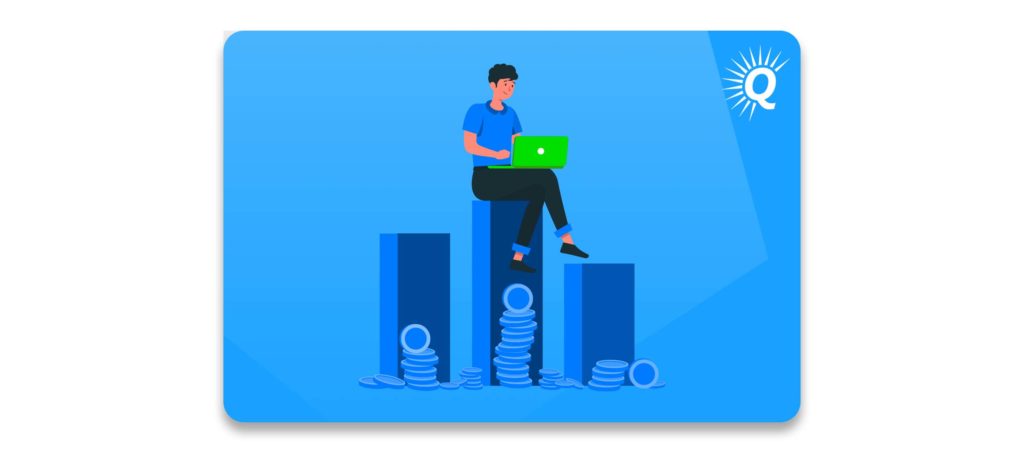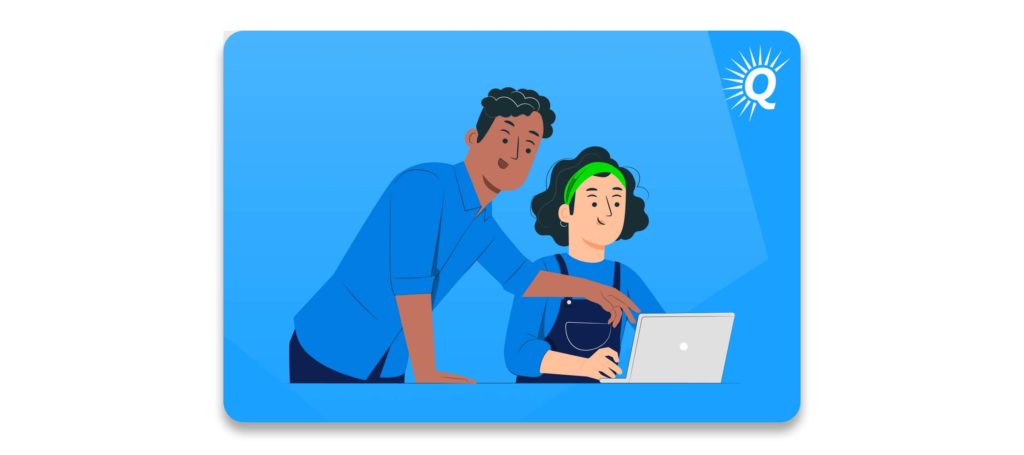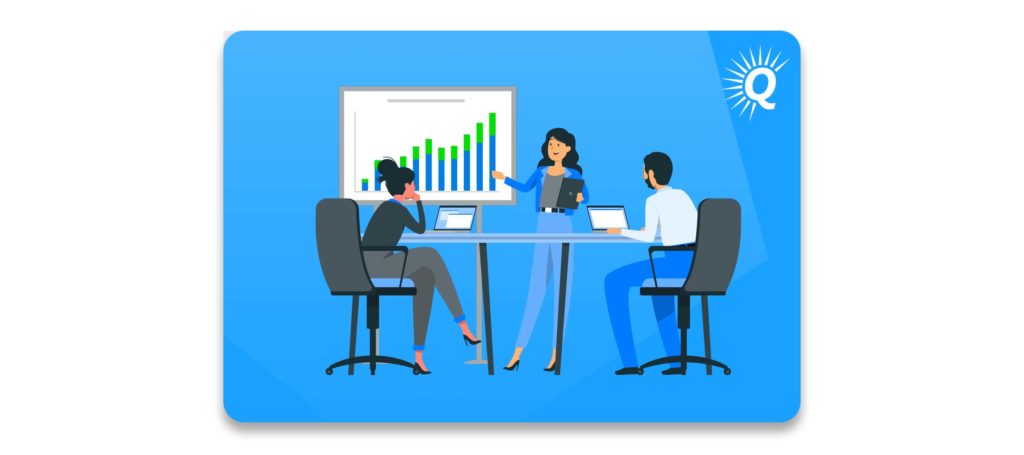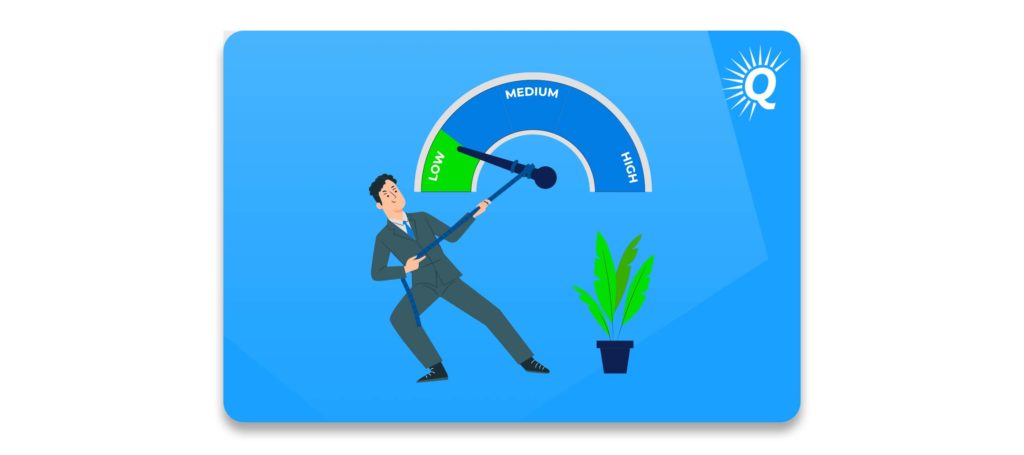Topics:
Never Miss a Beat - Get Updates Direct to Your Inbox
FILTER:


A Practical Guide to Buying a Business
By Ian Drogin
Purchasing a company isn’t a small undertaking, so we’ve put together a practical guide to buying a business to help you succeed as an acquisition entrepreneur. Whether you’re a seasoned investor or just starting out, this guide can help you gain a clear understanding of what the acquisition process looks like.
There are many approaches to buying a business, but not all of them are created equal. The right approach can lead to immense fulfillment and a high ROI, while the wrong one can lead to frustration and financial loss. Therefore, it’s important to do your research to establish a clear path to success.
In this guide, we discuss why you might want to buy an online business, what you should consider when evaluating investment opportunities, and how you can scale your new business after the acquisition. While this guide provides a great framework for getting started, we encourage you to check out Walker Deibel’s best-selling book, Buy Then Build, for a more comprehensive road map to acquisition success.


Five Reasons to Buy a Business
Before diving into how to acquire a business, it’s important to understand the benefits that acquisition entrepreneurship offers. Since each person has a different set of life circumstances, some of these may apply to you more than others.
1. Skip the start-up grind
For many, acquiring a business is an appealing alternative to starting a business on your own. By purchasing a business that is already established and profitable, you can skip the start-up grind. Anyone who’s been there knows that the start-up phase typically consists of working long hours for little or no pay.
To start a business from scratch, you generally need to put in significant time and energy in order to get it off the ground. Stress, uncertainty, and hard work are all par for the course when you’re first launching a new venture. Even if your business succeeds, it will likely be quite some time before you’re able to enjoy the benefits of ownership. In fact, many founders work for less than minimum wage (or no pay at all) for the first year or more.
Buy a Profitable Online Business
Outsmart the startup game and check out our listings. You can request a summary on any business without any further obligation.
Compare this to buying a profitable business in which you can experience reliable income from day one. In addition, when you take over a successful business that has a clear strategy in place, you don’t need to wonder what should happen next. The previous business owner has already gone through the effort of creating systems and a road map to success. That is, assuming you buy the right business (more on that later on).
“Stress, uncertainty, and hard work are all par for the course when you’re first launching a new venture.”
2. Lower your risk exposure
Buying an existing business provides you with a level of stability that a start-up venture cannot offer.
Small businesses have a notoriously high failure rate. Even if you’re a highly successful businessperson, it’s not easy to win in all the key areas, including:
- Establishing a product/market fit
- Developing and refining products
- Creating an effective marketing strategy
- Building supply chains
- Ranking for the right keywords
- Managing employees and contractors
- Succeeding in the numerous other activities that are required to scale a small business from scratch.
Therefore, it’s not uncommon for founders to invest significant time and capital into a new venture, only to have it never reach profitability. If you’ve ever attended a mastermind event, you probably know that most founders have had more failures than successes.


If you acquire an existing business, on the other hand, you don’t need to deal with the extreme uncertainty that early-stage ventures face. Instead, you can step into the driver’s seat of a company that has already prevailed on the unlikely path to success. That means there’s a significantly higher chance the business will continue to succeed.
One counter-argument to this point is that purchasing an existing business requires a significant capital investment, and therefore, financial risk. While that’s certainly true, it’s important to remember that launching a new business isn’t necessarily cheap, either. If you compare the time and financial investment of launching versus acquiring a business and then weigh that with their respective probability of success, many believe strongly that acquiring a business is less risky in most cases.
3. Accelerate your learning curve
Launching a business on your own can be confusing. With so many possible paths to follow, many founders find themselves overwhelmed about how to proceed. Even if you have a clear understanding of a specific business model, you still need to figure out how to apply that model to your specific business.


When you acquire a profitable business, you’re provided with many of the answers. First of all, many established businesses have standard operating procedures (SOPs) in place that detail how to operate the business. Essentially, SOPs provide a clear road map for operating the company so you don’t need to reinvent the wheel yourself.
Additionally, in almost all cases, the seller will provide you with thorough training. This helps you understand how to run the business yourself. Everything from Google Analytics, to customer service practices, to how to implement the business plan will be spelled out in detail. If you buy from a great seller, this enables you to learn from someone who has already tested and refined the business’s processes. Of course, this can save you enormous time and energy, dramatically shortening the learning curve and accelerating your path to success.
4. High ROI potential
Compared to most other investment opportunities, acquiring a business can provide you with extremely high ROI potential.
For example, let’s say you purchase a business in cash for $600,000 that is valued at a 3X multiple. Since it’s valued at a 3X multiple, it follows that the business generates $200,000 in annual earnings ($200,000 X 3 = $600,000). Based on this, if the business continues to perform exactly the same under your ownership, you’ll earn $200,000 per year, which is a 33% return on your initial $600,000 investment. And this isn’t even considering business growth, which would only further increase your ROI.


If you compare the potential ROI of buying a business to what you could expect from investing in index funds or real estate, it’s enormous. The example above is based on a scenario in which you purchase the entire business in cash. If you leverage your acquisition by using outside financing, your potential ROI becomes even greater.
5. Access to capital might be easier than you think
Those who have enough liquid capital to buy a business with cash are in a great position. Not only can they avoid giving up ownership or taking on debt, but they’re also in a great negotiation position. All-cash offers are typically simpler and quicker to close, which sellers love. However, if you’re not able to (or don’t want to) put down the full purchase price at closing, there are still some great options available to you.
With SBA loan financing, a bank can fund up to 90% of the total purchase price, which means you only need to invest 10% at closing. This enables you to significantly expand your purchasing power.


For example, let’s say you have $100,000 to fund your business acquisition. Without a loan, you’ll be limited to buying a business worth $100,000. A business of that size might generate about $33,000 in annual earnings assuming a 3X valuation multiple.
Now, let’s say you’re able to secure an SBA loan that will cover 90% of the purchase price. This means that with a $100,000 down payment, you can purchase a $1,000,000 business. If it’s also valued at a 3X multiple, you can expect the business to generate about $333,000 in annual earnings, minus loan repayments and interest. That’s not bad for only investing $100,000 upfront.
While SBA loans can be a great option for the right buyer, it’s important to note there are certain limitations and requirements that apply when an SBA loan is involved. Not only must both the buyer and business qualify, but the deal must also adhere to the SBA’s guidelines for an acceptable deal structure.
Thinking of Selling Your Business?
Get a free, individually-tailored valuation and business-readiness assessment. Sell when you're ready. Not a minute before.
What You Need in Order to Buy a Business
Although acquisition entrepreneurship can be immensely rewarding, it’s critical to go about the process effectively in order for your efforts to pay off. There are a few things you should consider before diving in and making an offer.
Establish your purchasing criteria
When acquiring a business, it’s important to establish your purchasing criteria. Without a clear vision of what kind of business you’re seeking to acquire, it’ll be nearly impossible to find it.
For starters, it’s wise to understand what makes a business desirable. At Quiet Light, we always look at four critical elements when valuing businesses. These include growth, risk, transferability, and documentation.
As a buyer, it’s a good idea to consider each of these areas when establishing your criteria. Do you want a business that has high growth potential but also comes with some serious risk factors? Or, do you want a small business that faces fewer growth opportunities but is relatively stable? If you want both, that’s great, but then you should expect to pay more for the purchase.


Transferability refers to the ease with which a business can be transferred to a new owner. Not surprisingly, it’s best to find a business that can easily be transferred into your hands.
In addition to considering the strengths of different businesses, it’s also important to consider your own competencies. As Walker Deibel points out in Buy Then Build, it’s critical to acquire a business that aligns with your strengths and goals. If you’re a great marketer, for example, look for a business in which you can significantly increase marketing effectiveness. If you’re great with human resources, perhaps try to find a business in which you can greatly improve HR practices and connect with employees. By getting clear on your own strengths and finding a business in which they’ll be a significant asset, you’ll have a much better chance of success.
Establish your budget and financing strategy
Before approaching the marketplace, you should spend some time determining your budget and financing strategy.
When determining your budget, be sure to account for how much money you need to allocate to other areas of your life. In addition, it’s more than likely a good idea to budget some funds for growth activities in the business you acquire.


Once you’ve established your budget, you’ll want to determine how you’re going to fund your business acquisition. If you plan to purchase with cash, then your path will be relatively straightforward. If you plan to get a loan, however, it’s wise to do your research early on to figure out what you can qualify for. Just as you’ll ask detailed questions during due diligence when buying a business (i.e. about employee contracts, financial statements, cash flow, intellectual property, etc.) you should expect the bank to have their own due diligence process when determining your loan eligibility.
“Before approaching the marketplace, you should spend some time determining your budget and financing strategy.”
How to Find a Business for Sale
You’ve established your purchasing criteria, determined your budget, and figured out your financing strategy. The next step is finding the right business to buy and a small business owner who has the right reasons for selling. There are a couple of different paths you can take.
Online marketplaces
Online marketplaces are a great place to start when looking for a business to buy. Even if you don’t find what you’re looking for, the process will get you familiar with the kinds of deals that are out there.
The main “pro” with online marketplaces that connect potential buyers directly with sellers is that they’re easy to access. All you have to do is scroll through the pages of listings to see what’s available. However, the listings aren’t always of the highest quality. Additionally, if you find a small business you’re interested in, working directly with a seller who isn’t familiar with the transition process can be a headache, or worse.


Working with a business broker
Established business brokers generally only work with qualified sellers who have passed their vetting process. Therefore, brokers’ listings are typically of higher quality. If you decide to move forward with a business transaction that a broker is involved in, they can also facilitate the business sale to help ensure everything runs smoothly.
If you’re serious about buying a great company, it’s smart to get on brokers’ radars in order to gain access to more acquisition opportunities. Of course, when reaching out to brokers, be sure to do your research first to make a positive first impression.


How to Run a Purchased Business
It’s an exciting moment when you take over an existing business, but the journey has really just begun. In order to maximize your success as an acquisition entrepreneur, it’s important to take proactive steps to grow your newly acquired asset.
First and foremost, make the most of the training period! After the deal closes, the seller should provide you with comprehensive training. This should be part of their post-exit plan. During this period, be sure to pay close attention, take notes, and ask good questions. This is a golden opportunity to download all of the experience and knowledge they gained through their years of business ownership. Make sure the business’s SOPs are detailed and clear as well.
In addition to getting familiar with operations, you should also start executing your growth strategy. By bringing your own unique strengths to the table, you should be able to capitalize on the business’s untapped opportunities, spurring forward an era of growth and fulfillment.
Buy a Profitable Online Business
Outsmart the startup game and check out our listings. You can request a summary on any business without any further obligation.





